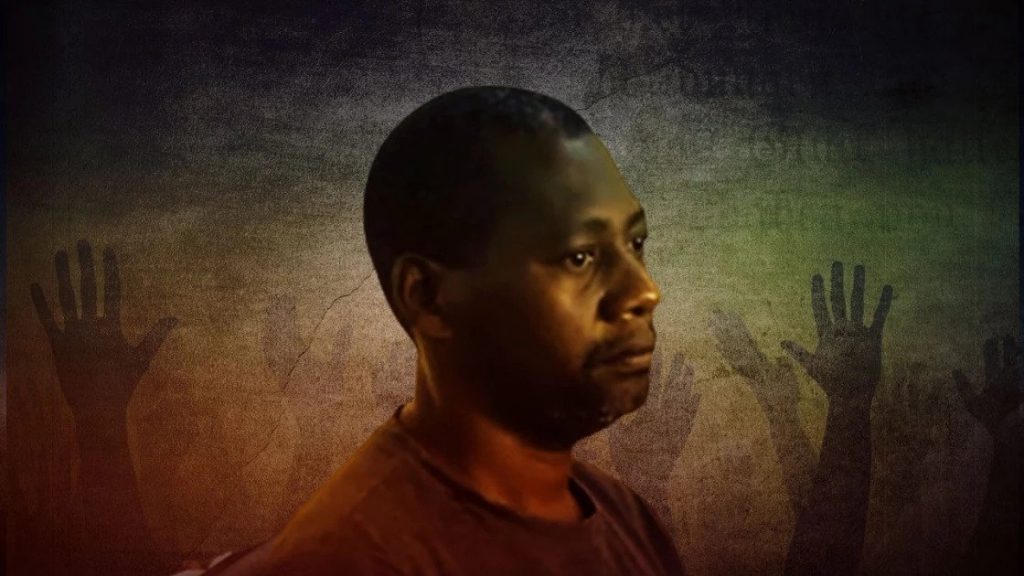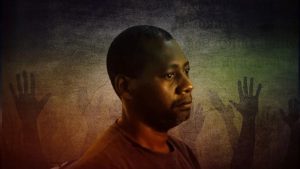In recent days, Kenyans have been treated to the horrors of Pastor Paul Mackenzie and his congregants who were found dead in Shakahola forest after allegedly fasting to death.
This is a disturbing headline in the news cycle that keeps getting worse at every turn, with detectives unearthing more bodies as investigations continue.
This case reminded me of the Jonestown massacre, a mass murder-suicide of the Peoples Temple cult at the behest of their leader, Jim Jones, in 1978 in Guyana.
Some of the endless questions in my mind as I consider these are,
1. How free is free will?
2. Can we regulate religion and such cultic pastors?
3. Who is to be faulted for such incidents?
4. Is there a possible legal recourse for the families of the deceased congregants?
Sadly, the recent events in Shakahola are not an isolated case in Kenya. Lest we forget, some of the controversial matters regarding persons of faith and religion include: Paul Magu, who killed his family and left all his property to his pastor, staged miracles by Pastor Kanyari, Prophetess Lucy Nduta who extorted her followers claiming to heal HIV/AIDS, Gilbert Deya’s miracle babies,the suspicious death of Esther Arunga and Quincy Timberlake’s child, Prophet Owuor’s prophecies and his “resurrection” of Mama Rosa and the property scandal with lawyer Jane Muthoni Njagi.
Of free conscience, religion, thought, belief and opinion
One fundamental element of Christian worship that religious scholars discuss is the element of free will.
Free will is a moral, religious, and social concept that is central to philosophy and most religions, a concept curated from the beginning of time and according to the Biblical stories, can be traced back to the Garden of Eden. Various states across the world have reinforced this freedom by ensuring it is protected by law.
In Kenya, this freedom is set out in Article 32 of the Constitution.
“Every person has the right to freedom of conscience, religion, thought, belief and opinion. Every person has the right, either individually or in community with others, in public or in private, to manifest any religion or belief through worship, practice, teaching or observance, including observance of a day of worship.” These are the provisions of Article 32 (1) and (2) which guarantee and protect this right and have been an issue up for debate over the past few days.

Religious regulation?
Religion is a contentious subject and many choose to tread carefully. In some places, preachers are revered as demigods by their followers and sadly, some have even abandoned their families, jobs, property and even their own identities to follow certain ‘mighty’ preachers, prophets or ‘mummies’ and ‘daddies’. Some of us are even privy to the sad situations of ardent followers of certain preachers that would rather sleep hungry than fail to ‘panda mbegu.’ [sow seed].
With their massive following, some holding as great a persuasion as political leaders, it seems plausible to the State that there would be a need to regulate their actions and interaction with the masses. This however has not been the case because of the underlying freedom of worship that is guaranteed in the country’s supreme law.
Is it possible to regulate religion? I think it is. Whereas it may be difficult to curtail the freedom itself, it is possible to regulate the leadership of these religious groups.
Rwanda is an example where the imposing of the requirement to register any religious organization, and the mandate that pastors should have a theology degree changed the landscape. Some would term it as oppressive, but this led to the closure of about 700 churches whose pastors did not meet the required qualifications. In this way, perhaps the rise of preachers who only used the church as a front to extort money from its members was curbed.
The National Council of Churches (NCCK) says it is in the process of structuring self-regulation guidelines that will cater for all religions in the country.
— felix asoha (@felix_asoha) May 3, 2023
Another way that religious institutions can be regulated is through taxing, and introduction of clear and regular monitoring and reporting obligations. It is not surprising that most people consider religious institutions as good business ventures because of the fact that the current regulatory measures aren’t always policed well. With also no obligated registration, there is close to no monitoring or accountability. In my opinion, every church should be taxed and registered. This will put them on the government’s radar and wane off predatory practices by greedy and radical religious leaders.
To what recourse?
For the families of Paul Mackenzie’s followers, it is difficult coping with the reality that their loved ones followed and believed in a ‘man of God’ who led them to their death. A man who convinced his followers to fast to their deaths while he on the other hand looks quite healthy casting doubts as to whether he indeed joined his congregants in the fast.
Speculatively, someone could argue that legally, he did not physically participate in ending the lives of his followers. The Pastor could also say that his followers freely chose to follow him, join his church and fast as he instructed. His only crime, he might say, is that he is guilty of being convincing.
Whether these arguments could stand in a court of law, remains to be seen.
[Cover photo: Citizen Digital]



















